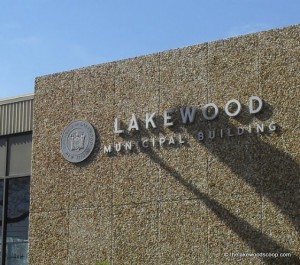 Striving to relieve fiscal pressures on municipalities caused by sizeable nonresidential property tax appeal refunds, legislation sponsored by Assembly Democrats Robert Karabinchak, Vince Mazzeo, Nancy Pinkin and Speaker Craig Coughlin was recently signed into law by Governor Phil Murphy.
Striving to relieve fiscal pressures on municipalities caused by sizeable nonresidential property tax appeal refunds, legislation sponsored by Assembly Democrats Robert Karabinchak, Vince Mazzeo, Nancy Pinkin and Speaker Craig Coughlin was recently signed into law by Governor Phil Murphy.
Under former New Jersey law, municipalities had 60 days to refund excess taxes to commercial property owners after a successful property tax appeal judgment.
The new law (formerly bill A-2004) extends the payment period to three years after judgment, allowing the municipality to make three equal payments with interest at an annual rate of the lesser of 5 percent or one percentage point above the prime rate. The law solely applies to nonresidential property.
Assemblyman Karabinchak said many New Jersey municipalities are forced to issue bonds to pay large, unexpected, property tax appeals within the old 60 day period.
“A township’s residents shouldn’t be on the hook for years, paying off a bond that was needed to refund money to a corporation that filed a tax appeal,” said Karabinchak (D-Middlesex). “In Edison, taxpayers are still resolving bonds the township took for appeals made in 2009. This law enables municipalities to more responsibly manage their budgets over a longer timeline.”
“Sixty days is an incredibly short amount of time for municipalities to refund excess taxes, particularly for those which face revenue constraints and rising costs,” said Mazzeo (D-Atlantic). “With this law, municipalities will now have more time to budget to better manage tax refunds.”
Additionally under the law, the municipality has to refund successful appeals over $100,000 for nonresidential properties. Municipalities will continue to pay judgments under $100,000 within 60 days of judgment.
“By extending the window for municipalities to administer tax appeal refunds, we are giving localities an opportunity to boost their budget flexibilities and potentially reduce local costs,” said Pinkin (D-Middlesex). “It’s the reasonable thing to do.”
“Lessening the need for municipalities to acquire bond debt to repay property tax refunds for larger commercial properties, whose payment sums are over $100,000, will help towns better manage taxpayer dollars,” said Speaker Coughlin (D-Middlesex). “For small towns, this means the difference between good money management and breaking the bank during hard financial times. This helps protect local taxpayers.”
The measure was approved in June by the Assembly, 52-23, and the Senate, 25-11.

!!!!!!! If they would appraise fairly in the first place, there wouldn’t have to be an appeal to refund!!!!!!
Only democrats have problems with managing “other peoples” money.
Harry- Sometimes appeals are settled, not because the town’s appraisal is wrong, but because it saves money the town would pay to litigate the case. What does politics have to do with it?